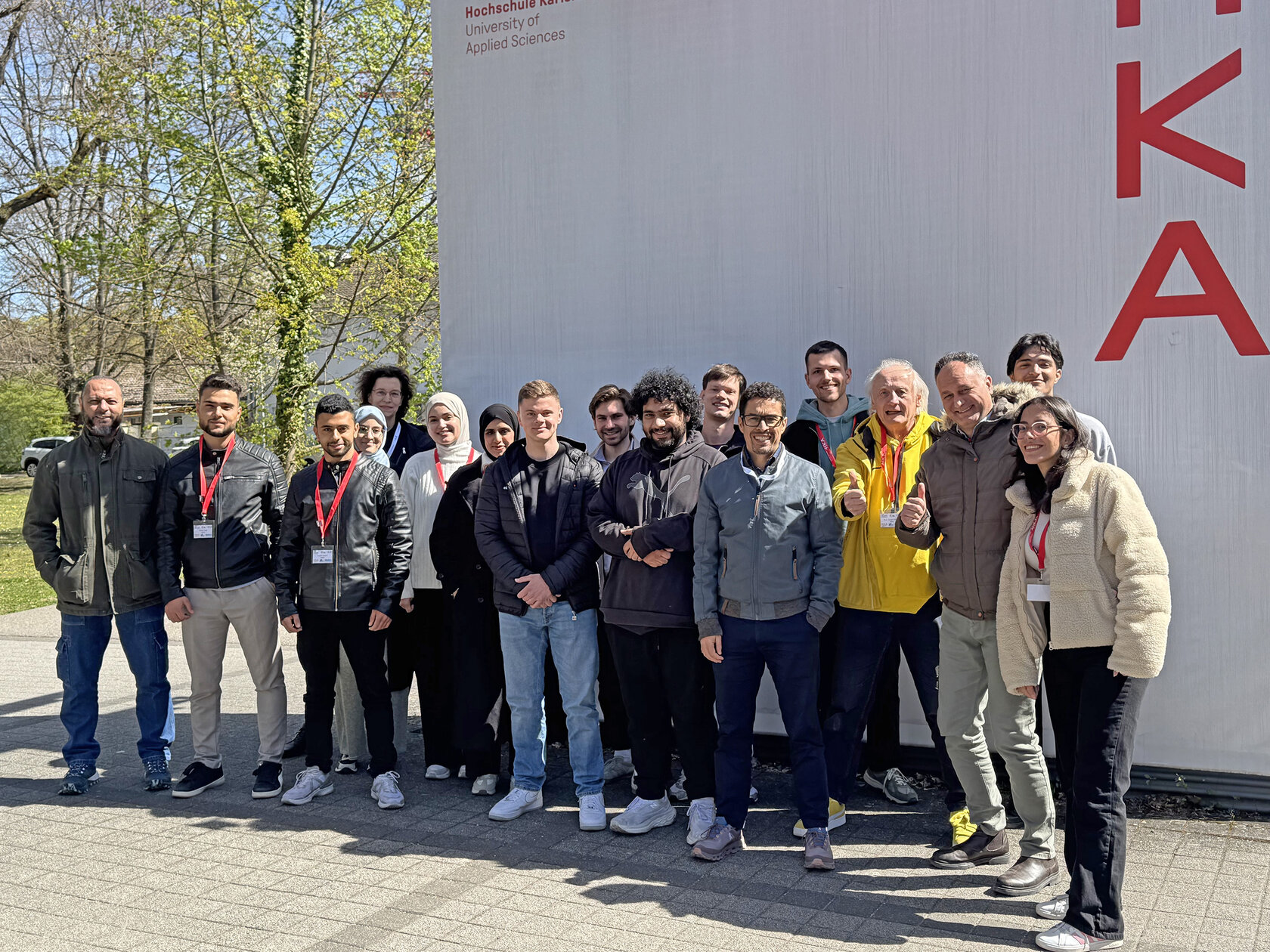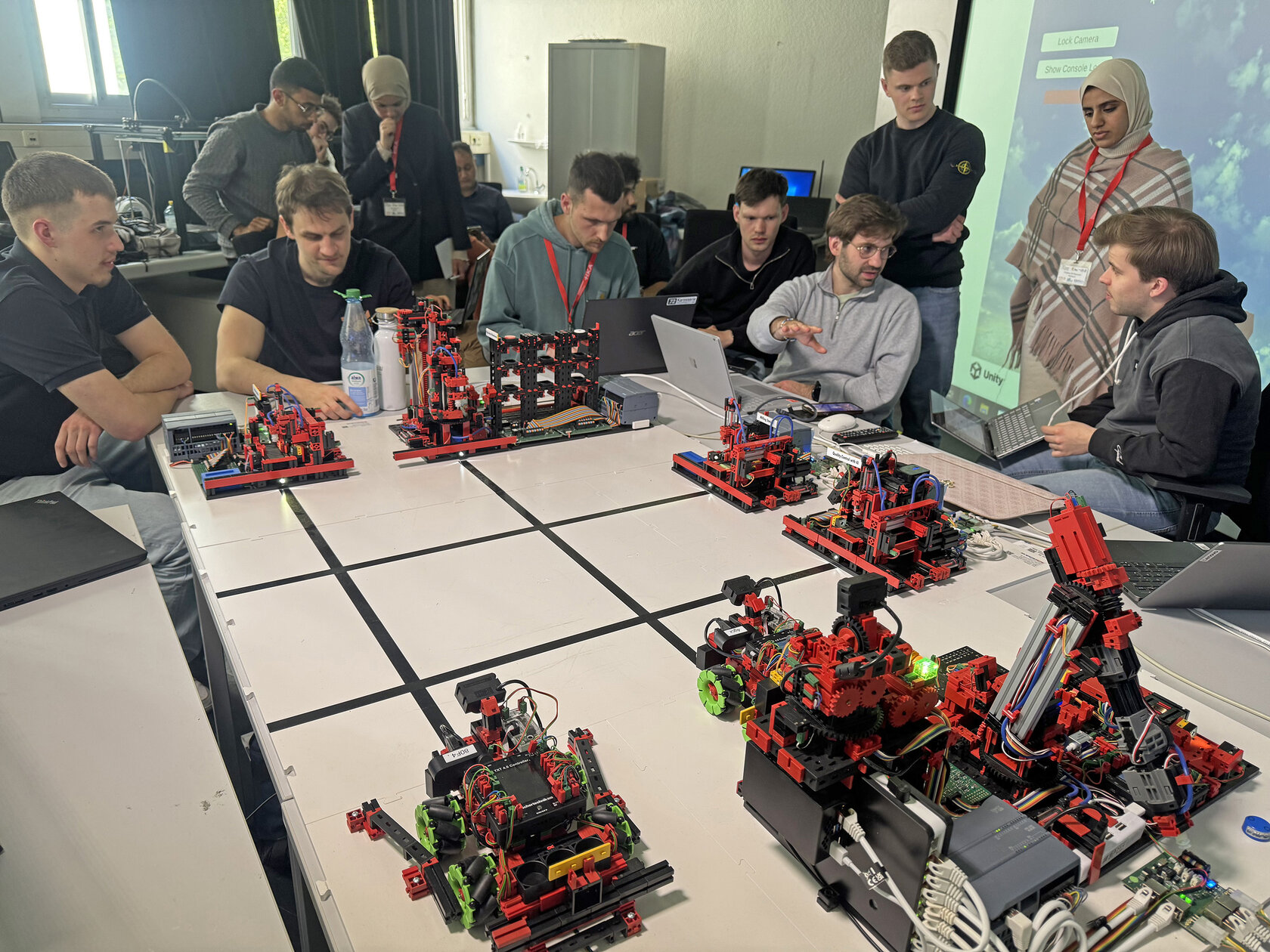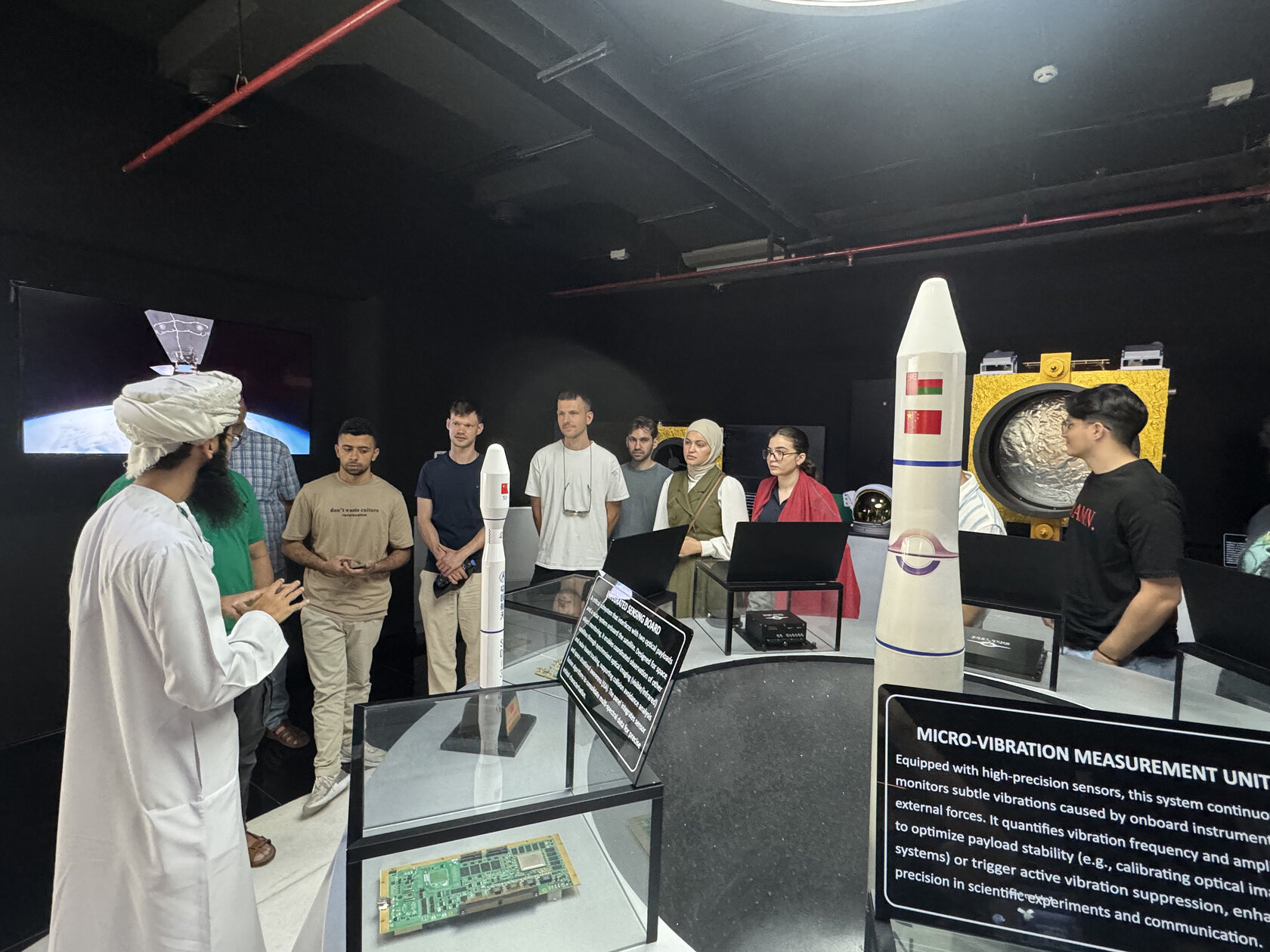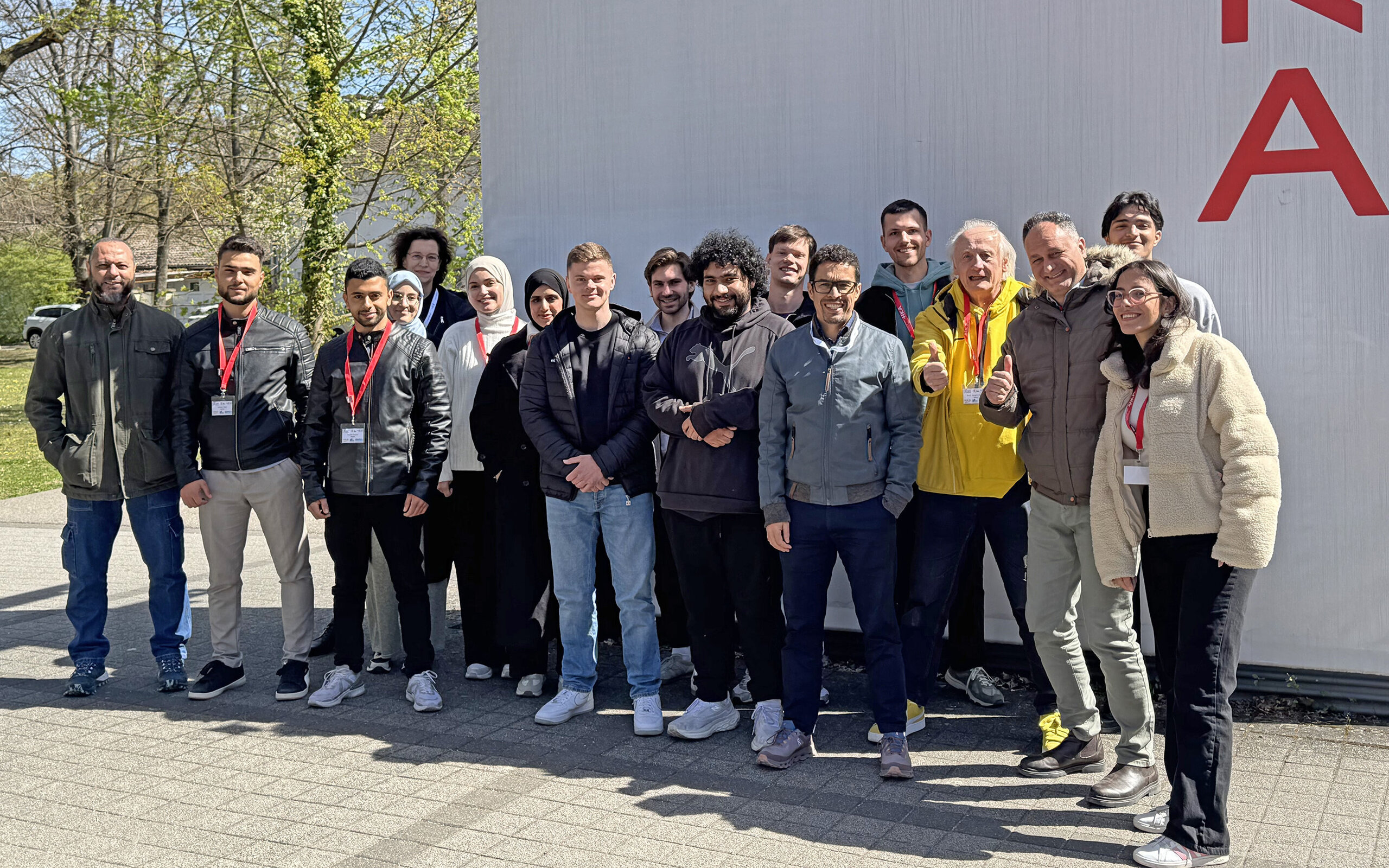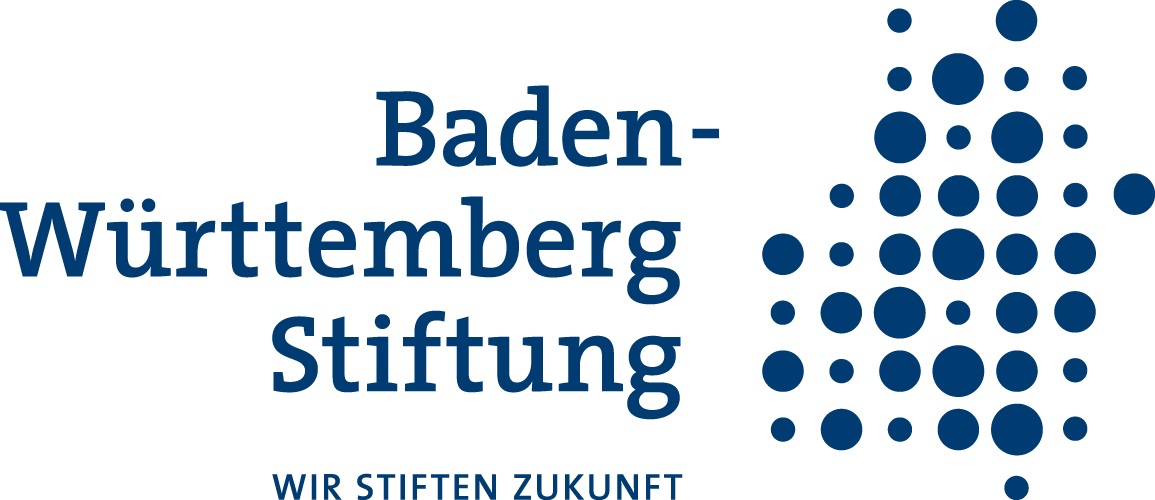July 2, 2025
A digital twin is far more than just a virtual image. The virtual replica of a physical product, a machine or a production process is based on data that is collected in real time. It makes it possible to digitally simulate, control and analyze the real object or process. The fields of application range from industry and mobility to energy supply. In the manufacturing industry, for example, digital twins make valuable contributions to increasing efficiency, process optimization and predictive maintenance. According to Bitkom, around 60% of German industrial companies are already using this technology – and the trend is rising.
With the increasing demand for digital twins, the need for well-trained specialists who can design and implement such systems is also growing. This is precisely where the international university project “International Cooperation on Digital Twin Projects (IC DT-P)” comes in. It aims to provide students of technical degree programs with practical experience in the development of digital twins in an international and intercultural team context.
The project, funded with 145,000 euros by the Baden-Württemberg Foundation as part of the “BWS plus” program for international university cooperation, will be carried out over three years (2025-2027) jointly by Karlsruhe University of Applied Sciences (HKA), the German University of Technology in Oman (GUtech) and the Institut Supérieur d'Informatique et du Multimédia Sfax (ISIMS) in Tunisia.
Each year, an interdisciplinary student team of 12 participants (four from each university) will implement a specific project on digital twin technology. Over the course of the project, a total of 36 students from Germany, Oman and Tunisia will work together on real-life challenges.
Kick-off in 2025: Digital twin for a model production system
The focus of the first project year 2025 is the development of a digital twin for the Agile Production System (APS), a modular learning system from the fischertechnik GmbH & Co. KG company. The APS is used to simulate and teach Industry 4.0 solution approaches and is particularly suitable for practical training in schools, universities and companies.
The 2025 student team is developing a digital twin of the APS system that can be used to monitor, simulate and control production processes in real time. Furthermore, via the digital twin the project participants from Oman and Tunisia will have full remote access to the real APS system that is set up at Karlsruhe University of Applied Sciences. This corresponds to a practical use case for international cooperation in globally networked production processes.
Intercultural exchange and practical learning
The project year began in April 2025 with a kick-off workshop at HKA. In addition to the technical introduction to the project work, the students were able to reflect on the special challenges and opportunities of international teamwork during intercultural training. A visit to SEW-EURODRIVE's Smart Factory in Graben-Neudorf also offered exciting insights into practical industrial examples of digital twin technology.
Successful conclusion of the mid-term project workshop at the German University of Technology in Oman
The students then continued to work in virtual, cross-university teams for nine weeks. At the second project meeting in mid-June 2025 at GUtech in Muscat (Oman), they presented their interim results not only to their supervising professors, but also to an audience from the university and industry. The stay in Oman also provided space for personal encounters and cultural exchange.
Outlook: Final phase and preparation for 2026
The project is currently in its final phase. The students are working online to complete the digital twin for the APS system. From October 13 to 17, 2025, the current project year of 2025 will end with a final meeting at the ISIMS in Tunisia, where the project results will be presented.
At the same time, the preparatory phase for the 2026 project year will begin. HKA is once again looking for four motivated students across all faculties who are interested in innovative, international project formats relating to the digital twin.
About the Baden-Württemberg-STIPENDIUM
The Baden-Württemberg-STIPENDIUM promotes the international exchange of qualified students and young professionals. Since 2001, more than 28,000 young people from Baden-Württemberg have been able to gain experience abroad or young people from abroad have been able to spend some time in Baden-Württemberg. Every year, around 1,500 scholarships are awarded as part of the Baden-Württemberg-STIPENDIUM.
www.bw-stipendium.de
The Baden-Württemberg-STIPENDIUM program for international university cooperation – BWS plus
With the BWS plus program, the Baden-Württemberg Foundation supports cooperation between universities in Baden-Württemberg and international partners. The program, which is endowed with around 1.2 million euros annually, has been advertised since 2011. Since then, more than 140 BWS plus projects have been supported at universities in Baden-Württemberg.
The Baden-Württemberg Foundation
The Baden-Württemberg Foundation is committed to creating a vibrant Baden-Württemberg that is worth living in. It paves the way for cutting-edge research, diverse educational measures and responsible interaction with our fellow human beings. The Baden-Württemberg Foundation is one of the largest operational foundations in Germany. It is the only foundation that invests exclusively and in an non-partisan way in the future of Baden-Württemberg, and thus in the future of its citizens.
www.bwstiftung.de
